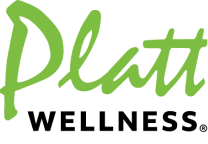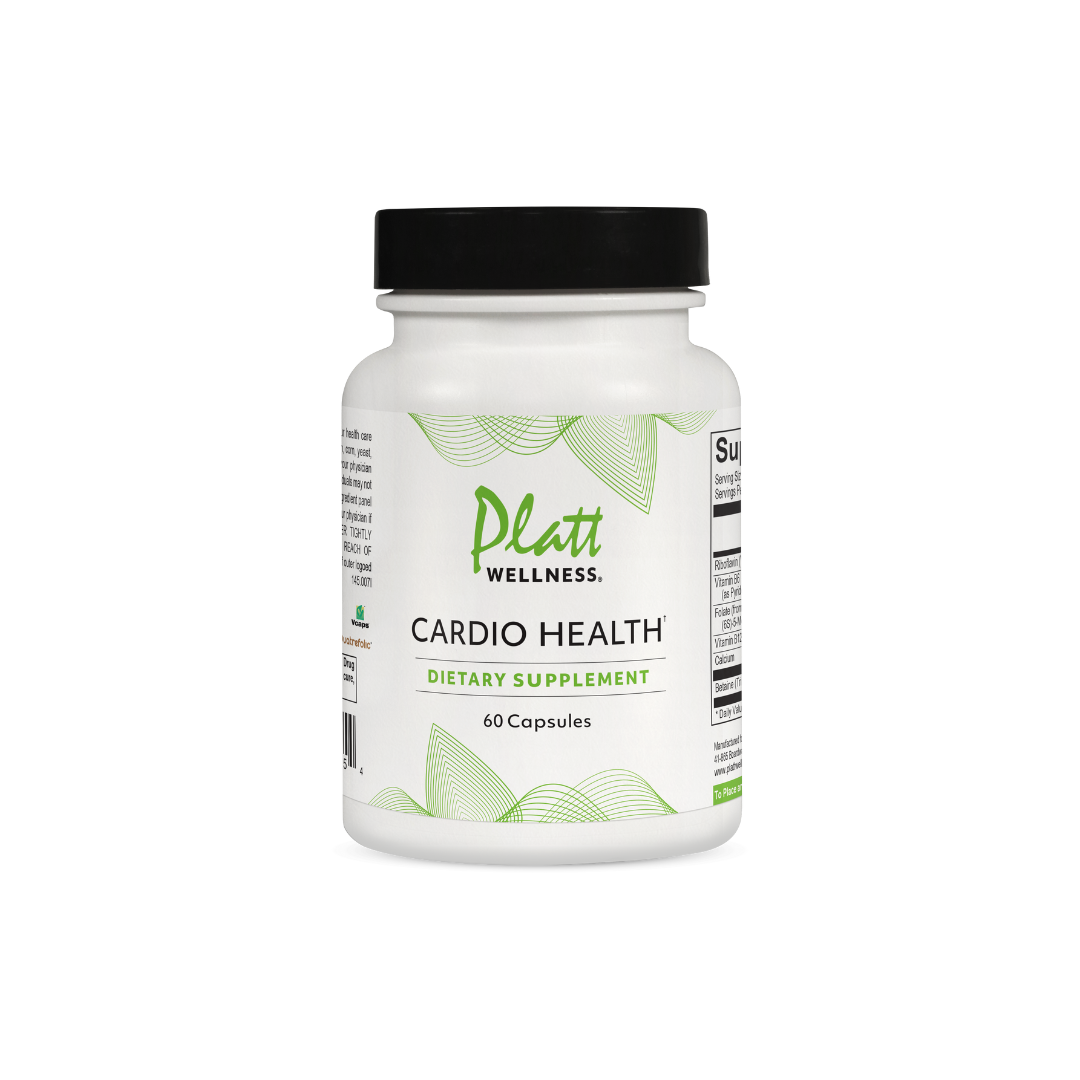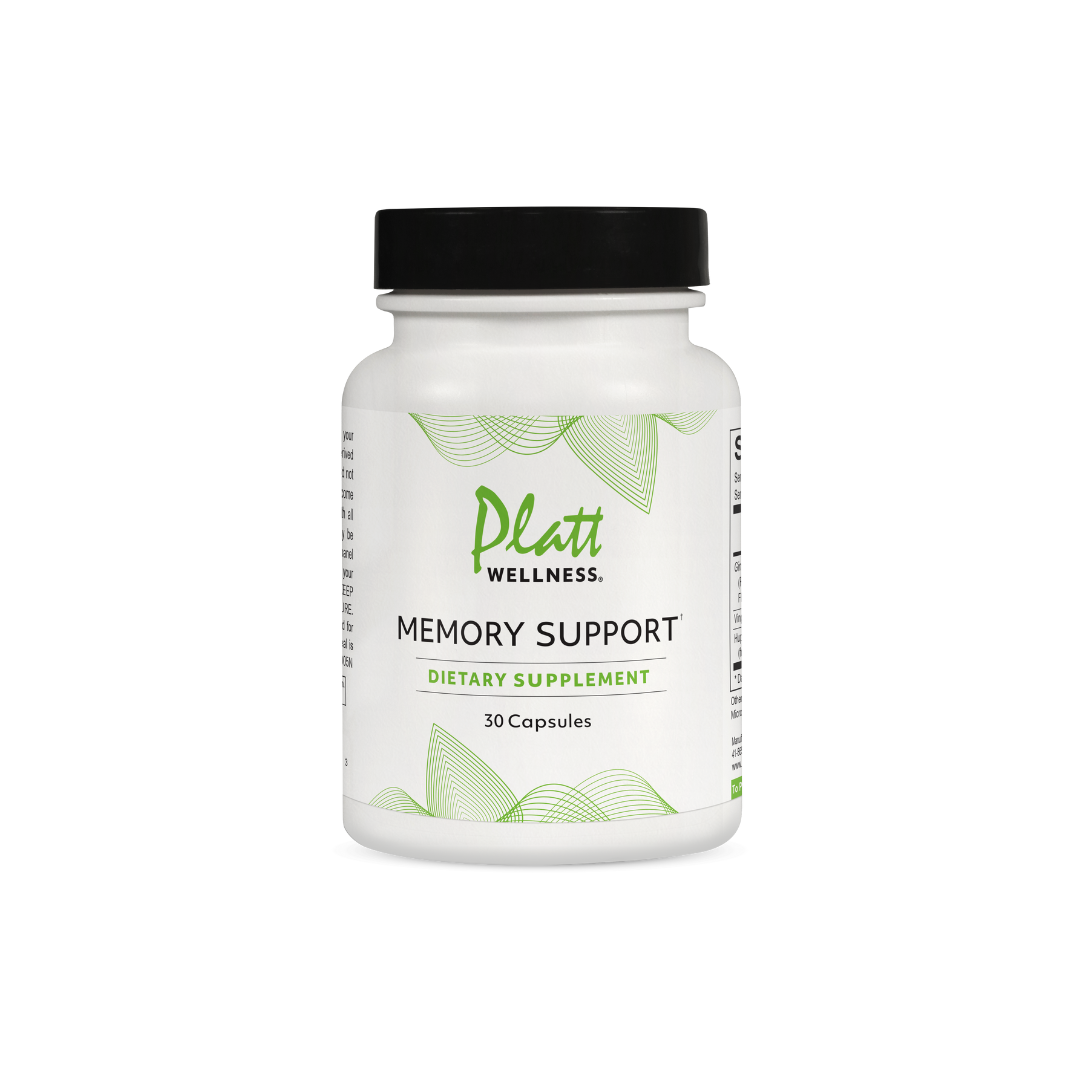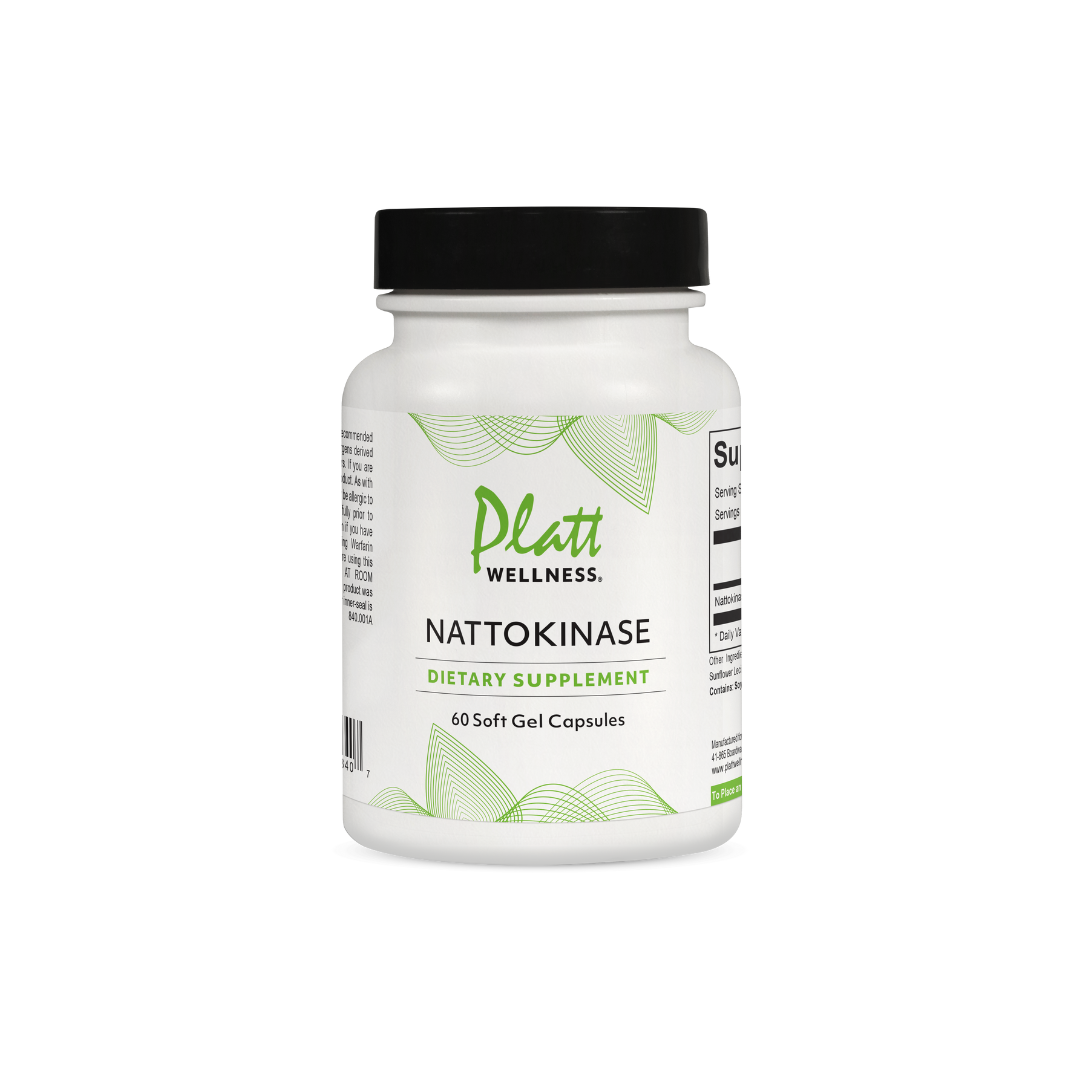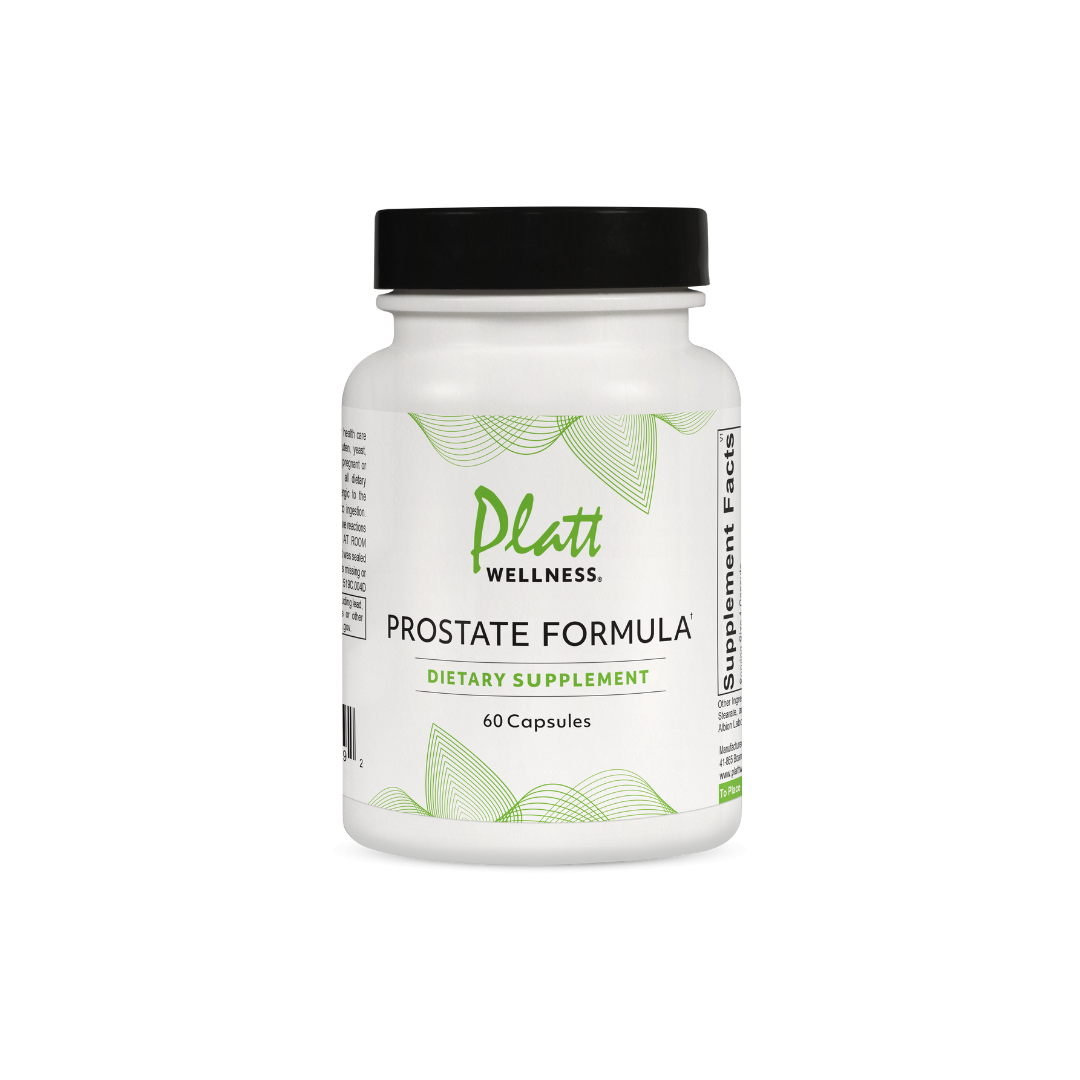There are many people still on the fence about taking the COVID-19 Vaccine. While we understand that this is a personal choice for each individual whether you get a vaccine or not, the primary defense against the common flu and COVID-19 is a person’s own immune system, which explains why people with compromised immune systems are most at risk.
Unfortunately, there are certain risk factors that make certain people predisposed to the coronavirus that are difficult or impossible to eliminate: old age, obesity, and diabetes. However, no matter who you are or what risk factor you are dealing with, it is recommended that a person incorporate vitamin D3 on a daily basis. Therefore, we have put together a Vitamin D Bundle and we recommend reading these important diet habits to implement for a healthy immune system.
In order to maximize the effectiveness of vitamin D, please note the following:
1) Avoid vitamin D in gelcaps or liquid vitamin D. In spite of a general belief, vitamin D is not a fat soluble vitamin, it is a prohormone. Oil impairs the absorption of vitamin D to a significant degree. Look for vitamin D3 in powder form encased in a capsule. Dosage should be between 10,000-20,000 IU of D3 per day.
2) When taking vitamin D, you also need to take vitamin K2 in the MK-7 form. This prevents vitamin D from putting calcium into blood vessels, and vitamin K2 takes calcium out of blood vessels and puts it into bone.Take a minimum of 180 mcg of K2.
3) Sufficient levels of magnesium are required for vitamin D to work. And since magnesium has so many benefits for the body, it would be wise to supplement it.
4) It is important to understand that we can no longer enhance vitamin D levels with sunlight. However, in the old days, 10-20 minutes of sunshine actually provided 10-20,000 IU of vitamin D.
The research linking vitamin D levels and COVID-19's cytokine storm is also just starting, but not surprising, says Bart Roep, PhD, chair of the department of diabetes immunology at City of Hope, a cancer center in Duarte, CA. Vitamin D, he says, is ''the negotiator" because "it doesn't suppress the immune system, it modulates it. Vitamin D makes the immune cells less inflammatory."
Vitamin D3, as stated above, has many other significant benefits. Many of these are related to the fact that it is a prohormone, rather than a vitamin. In high doses it helps prevent Type II diabetes, prevents dementia, helps with depression, and prevents and helps to eliminate osteoporosis. In addition, Vitamin D3 prevents sunburns, as well as the risk of skin cancer.
Other recommended immune boosting vitamins and supplements are:
-Magnesium: Magnesium is an essential cofactor for vitamin D synthesis, and activated vitamin D, in turn, can increase intestinal absorption of magnesium and, therefore, can form a feed-forward loop to maintain its homeostasis.
-Zinc - Maintaining adequate levels of zinc may help protect elderly individuals from pneumonia and its complications. According to investigators, those with normal serum zinc concentrations in their blood reduced their risk of developing pneumonia by about 50%.
-Melatonin - Melatonin exerts a tremendous influence on the body because it is a very powerful antioxidant, even more so than vitamin C and E.
-Vitamin C (lipospheric) - The Lypo-Spheric Vitamin C has superior absorption and bioavailability. Phospholipids create vitamin C- filled liposomes that are instantly absorbed by the small intestine and transported directly to the liver.
